Full video of the roundtable "Beauty Queen Inflation":
After 3 articles were published in VietNamNet newspaper, Associate Professor, Dr. Bui Hoai Son - Full-time member of the National Assembly's Committee on Culture and Society; People's Artist Xuan Bac, Director of the Department of Performing Arts (Ministry of Culture, Sports and Tourism), journalist Le Minh Toan - Deputy Editor-in-Chief of Tien Phong newspaper - Deputy Standing Committee of the Miss Vietnam 2024 contest organization participated in a roundtable discussion on the topic of beauty pageant inflation .

Journalist Ha Son : Ladies and gentlemen, currently Vietnam has 30-40 beauty contests each year. Many people believe that the contests are being transformed into “business projects” of some companies. As people who love beauty, care about culture and social activities, how do you view the current situation of “beauty queen inflation”?
Associate Professor, Dr. Bui Hoai Son: When talking about “beauty pageant inflation,” we must first look at the root cause. We live in a society where the need for beauty is real – from going to the gym, cosmetic surgery to other forms of appearance improvement. A market economy has demand, so there will be supply – that explains why more and more beauty pageants appear.

Add to that the fact that the media is so developed, every story surrounding beauty queens can easily explode into controversy. Combined, we have a complex “block” of expectations, expectations and mixed reactions that creates a sense of confusion and sometimes overload about beauty titles.
Besides the social factor, there is also the cultural aspect. In many countries, beauty contests honor diverse beauty: transgender people, people with disabilities... They are respected equally like everyone else. Meanwhile, in Vietnam, when we honor someone as a beauty queen, we expect them to become a perfect model - beautiful in body, soul, intelligence, behavior... It is this "deification" that leads to the public being ready to criticize if the beauty queen makes a small mistake.
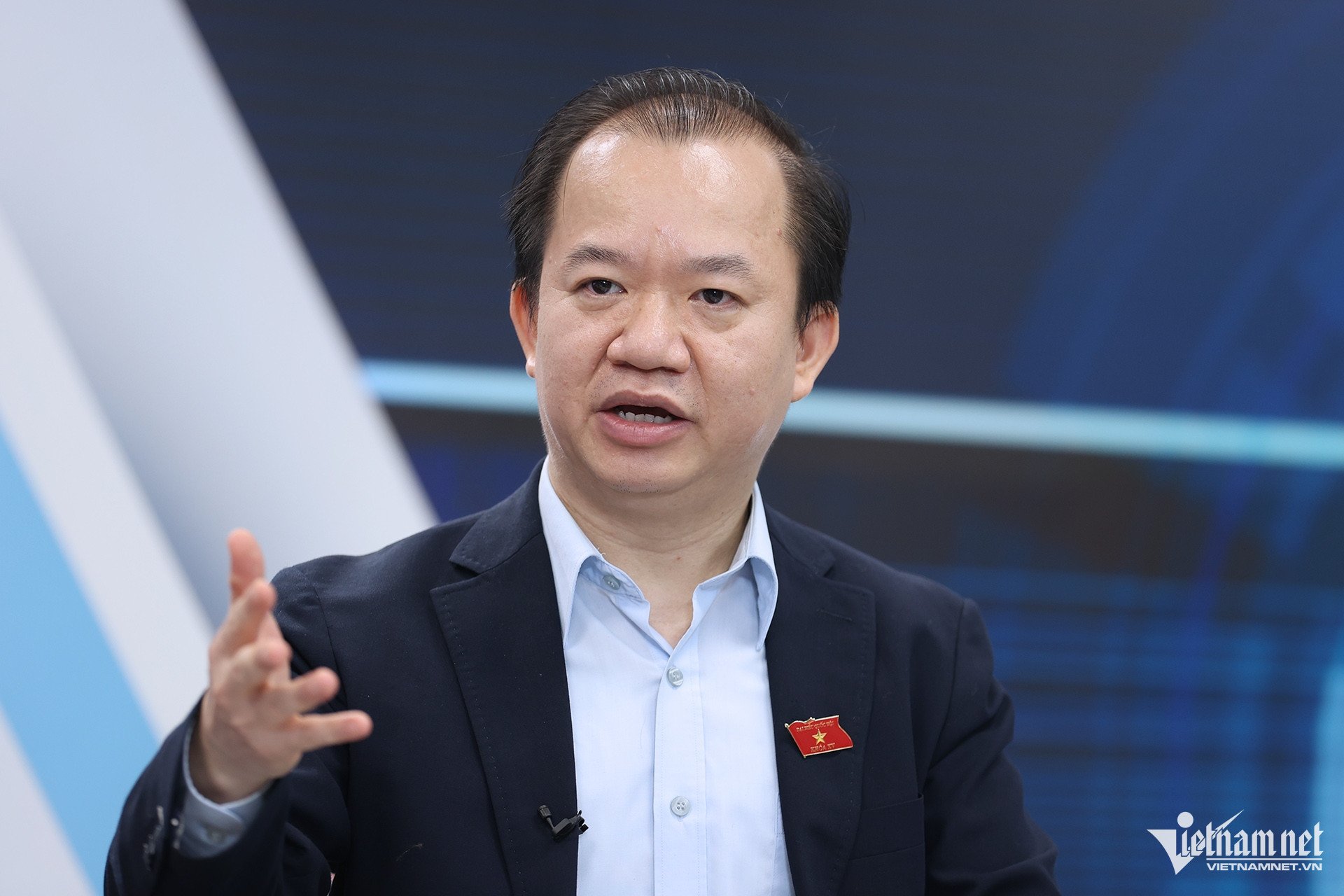
Journalist Le Minh Toan : The problem is not the quantity but the nature and principles of each contest. A contest, even if it is just Miss Tea, Miss Coffee... but is organized properly, has a clear goal towards the values of truth - goodness - beauty, then it is welcome. The core is whether it can maintain kindness and goodness.
The public is the “editor” of beauty contests – they are smart enough to recognize what is real. And the management agencies play the role of building a legal corridor – like a lamp-bearer, not the one who chooses for the public.
People's Artist Xuan Bac : I would like to share this issue in both roles - as a lover of beauty and as a manager.
Firstly, as a beauty lover, I really like beauty queens. Because they are beautiful in appearance, body shape, and intelligence. I think not only men, women also like beauty.
But if we talk about family in my heart, having only one beauty queen is enough, that is the beauty queen who is at home taking care of my three children.
However, it is true that there are many beauty queens nowadays. I agree with Mr. Toan, more or less is not the core issue. What is important is whether the purpose of honoring beauty is still maintained or not? And is beauty still truly beautiful, holy, spreading good values to society or not?
According to Decree 144/2020 on performance activities, all beauty and model contests must have a project approved by the competent authority. The project must clearly state the principles and purposes and the organizing units must comply.
But now there is a phenomenon of “chaos” in competitions and titles. I agree with Mr. Son in a country that loves beauty, the need for beauty is legitimate. Many competitions are organized, which is understandable.
However, the important thing is that from the organizers, participants to the audience, we need to have a common measure. There must be a correct perception of the competition, the value and true meaning of the title.
Nowadays, sometimes just by looking at a crowned person's photo, some viewers immediately say: "Hey, what kind of beauty queen is that with those bulging eyes?" or some honored people are accused of "buying the award". Such reactions easily distort the true value.
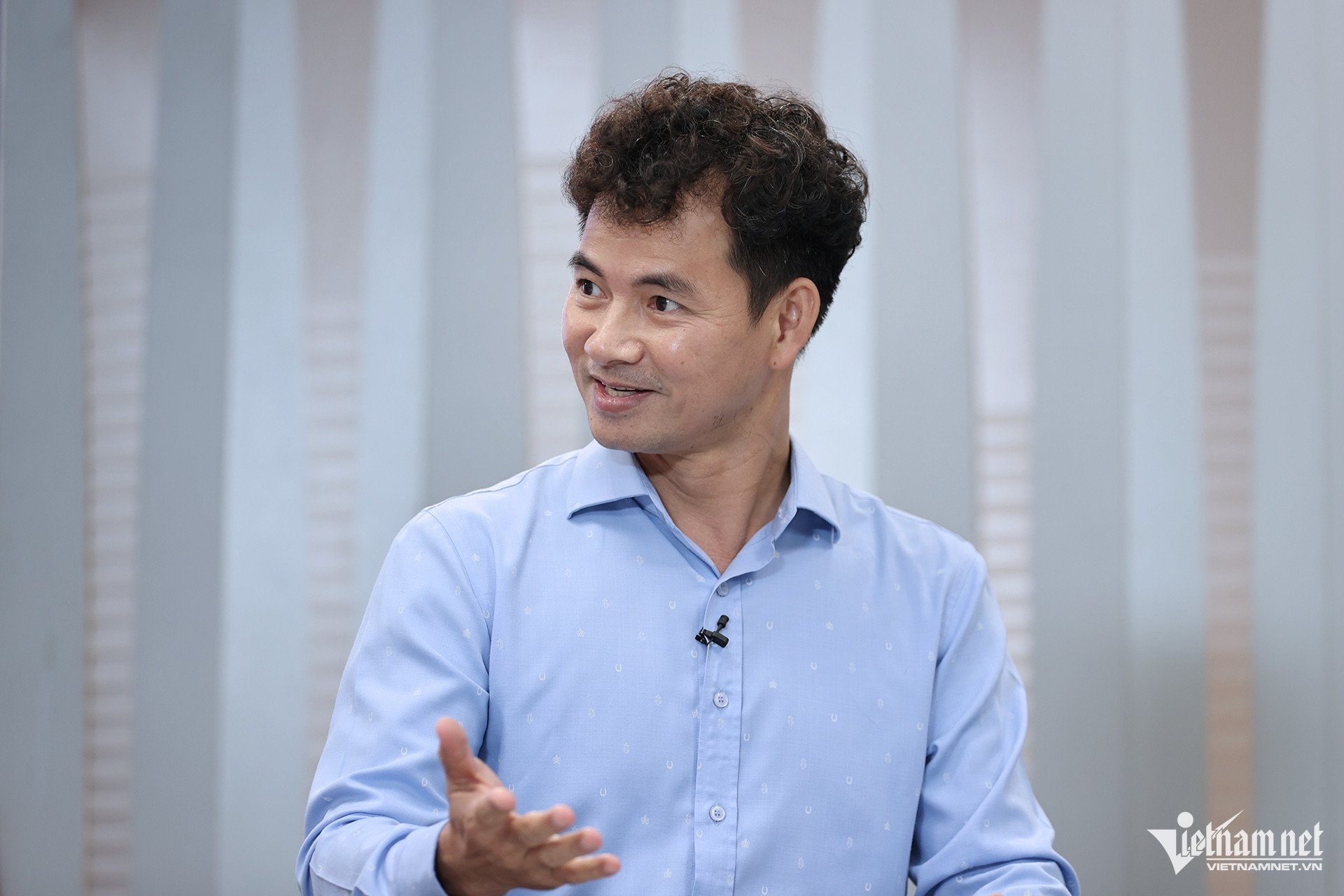
From a management perspective, I would like to share that the leaders of the Ministry of Culture, Sports and Tourism have received many feedbacks and directed the Department of Performing Arts (DPA) to urgently amend Decree 144, especially the part related to the organization of beauty and model contests.
We are actively seeking opinions from relevant levels, sectors, units, and experts to make appropriate amendments to the new context, because in reality many issues have arisen that are no longer consistent with the old regulations.
We have many documents and quality and sincere comments. On that basis, we will advise the Ministry of Culture, Sports and Tourism to submit to the Government to issue new regulations suitable for the current period.
I want to emphasize that decentralization and delegation of power, if not properly and promptly adjusted, can create loopholes, causing unwanted things to happen. The field of NTBD is sensitive, directly affecting social emotions, so there need to be regulations that are close to reality, considering many aspects to ensure healthy and correct development.
Journalist Ha Son: Mr. Toan, public opinion has questioned whether many beauty pageants are organized solely to promote sponsors, and even show signs of “fixing” the crowns. As an insider, how do you respond?
Journalist Le Minh Toan: I would like to share a small story from behind the scenes of Miss Vietnam 2024. Contestant Truc Linh - the winner - only had 600,000 VND when she entered the competition. In the next round, her family gave her an additional 1 million to buy makeup. With such conditions, what would she have to "buy the prize"?
There are outstanding candidates also from Hue. If the Organizing Committee is not fair, they will have to "structure" to please the sponsors and the audience... But we choose transparency - those who are worthy will be called.
If the organizers have enough heart, vision and honesty, they can completely maintain public trust, maintain the purity and inspiration of beauty contests.
Associate Professor, Dr. Bui Hoai Son: Mr. Toan's opinion is very good, but the issue needs to be put in a broader context. We are living in a society where "gold and copper are mixed together", the whole country is carrying out a campaign against counterfeit goods - that shows that the phenomenon of "fake", "lack of authenticity", "lack of standards" exists in many fields. Beauty contests are no exception to that trend.
Of course, there are prestigious contests such as Miss Vietnam of Tien Phong Newspaper. But besides that, there are also complaints and reflections from other contests. Therefore, it is understandable that the public is skeptical or unsympathetic towards the increase in beauty contests.
Our ancestors used to say: "Quý hồ tinh bất quý hồ đa" which means "a little but pure" is better than "a lot but diluted". In this case, we do not need quantity but need competitions with quality, value and prestige.
Other countries also have many beauty contests but with different approaches. They look at contests with a dialectical eye, diversifying beauty standards and not absolutizing titles.
In Vietnam, due to cultural influences, we often have the mentality that "what is rare is precious". In the past, only Miss Vietnam was remembered by everyone, Bui Bich Phuong. Now, the titles are awarded so much that you can see a beauty queen anywhere.
In reality, I think it is understandable that public opinion has some reactions. But instead of criticizing or denying, we should approach the problem from a multi-dimensional perspective and from there, demand stricter and more transparent management.
I agree with Xuan Bac that the current Decree 144 needs to be amended. When this decree was issued, we could not have anticipated the rapid changes in society, especially in the field of culture and arts.
The amendment of Decree 144 is necessary to incorporate new thinking and approaches in management, suitable for the current context. Especially the field of organizing beauty contests is sensitive, complicated and has many variations.
I believe that with practical experience and coverage of the current situation, Xuan Bac and the Department of Information and Communications will have appropriate advice to help amend the decree comprehensively and effectively.
Only then can we build valuable beauty pageant brands and let the market and public filter out contests that lack prestige and are not suitable for the current socio-cultural development.
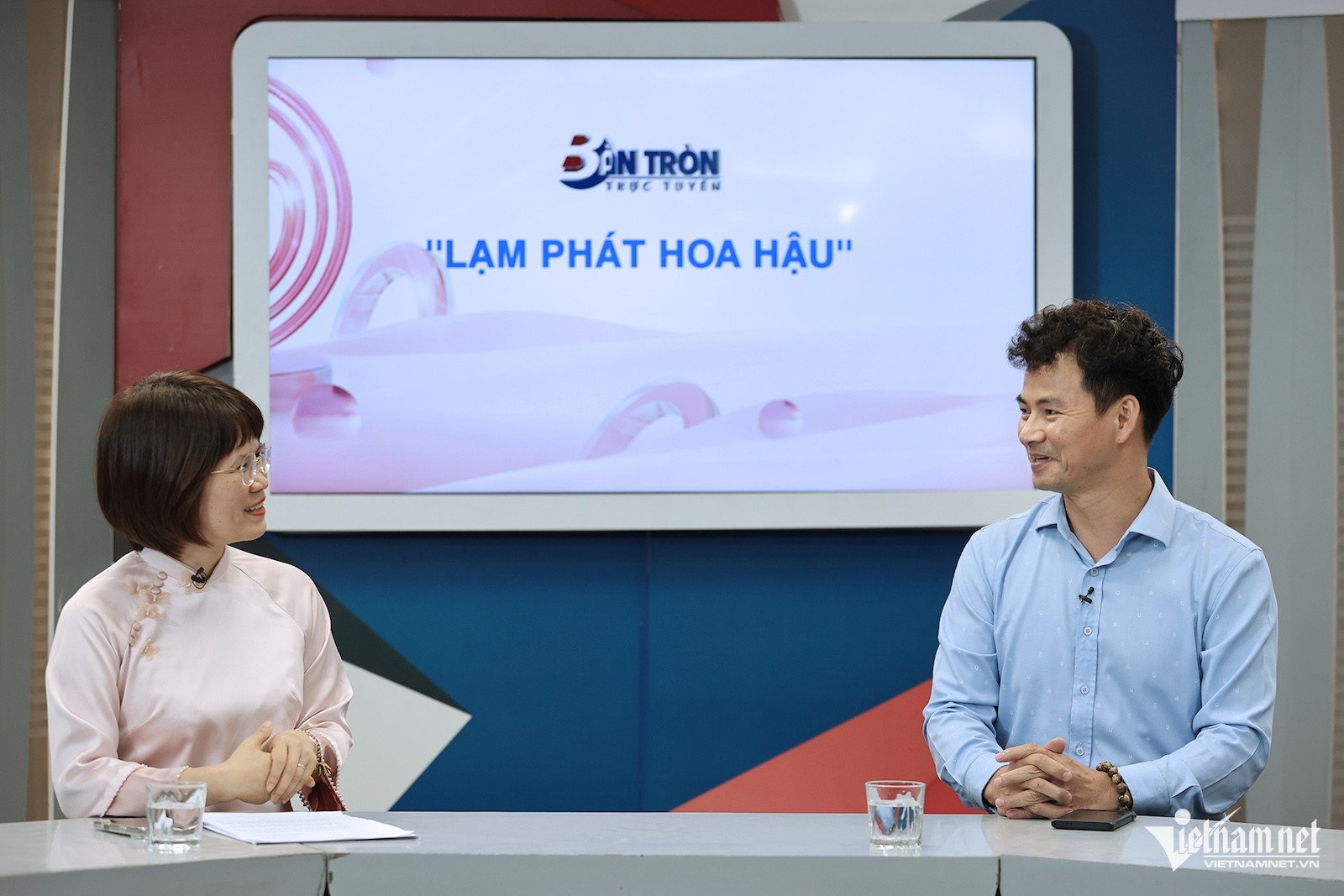
People's Artist Xuan Bac : Nowadays, when talking about beauty queens, most people think of a beautiful woman - first of all, physically beautiful, then intellectually and culturally beautiful, and capable of spreading positive values. We desire, wish for, and honor that beauty.
However, there are also beauty pageants that are only localized, within a small community. These pageants are aimed at groups of people with their own characteristics and interests, and that is normal.
But here, we are talking about the national beauty pageant title, which has the mission of representing the beauty of Vietnamese women. So from the right perspective and perception of beauty, we can discuss how to manage and organize it appropriately.
Associate Professor Dr. Bui Hoai Son gave a very good picture: Are we "diluting" or "concentrating" the concept of beauty queens? If we "dilute", is it diluted enough now or do we need... 80 beauty queens each year to be considered diluted?
On the contrary, if aiming for "denseness", the value needs to be clear: How many competitions, how many titles each year are enough, to ensure proper honor?
Here, it is not about "worshiping" beauty queens but about honoring beauty and the value of that beauty. And when society determines that those values are worthy of respect and recognition, then beauty contests will have their true meaning.
If anyone can be a beauty queen and anyone can compete in a beauty pageant, the criteria will change. When the criteria are unclear, it will be difficult for society to find common ground in evaluating, recognizing and respecting that title.
I do not say that thin people are beautiful or fat people are beautiful because that is a personal perspective, an aesthetic point of view. But if we want to have a common ground in society to recognize and honor, there must be clear criteria, suitable for social reality.
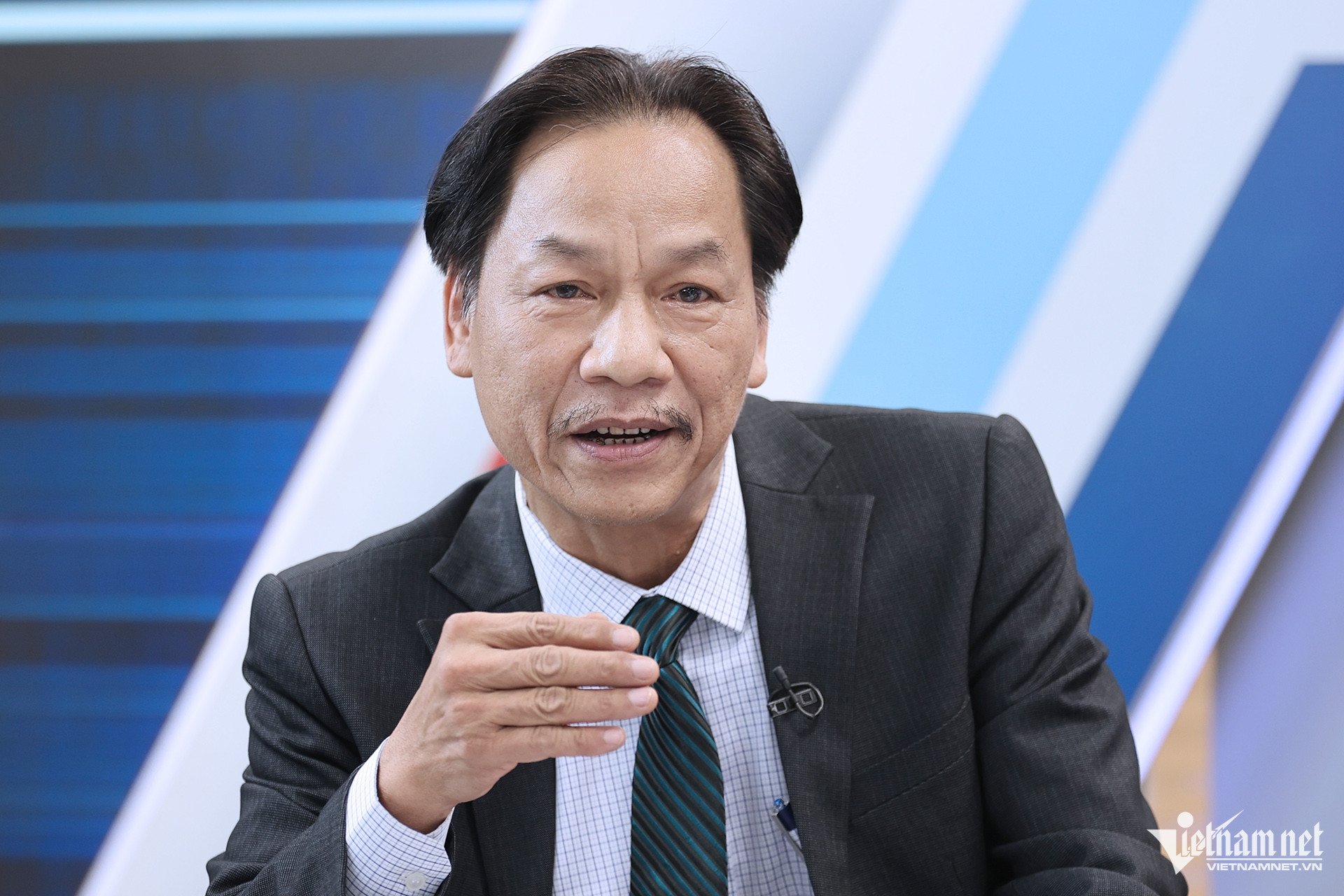
Journalist Le Minh Toan : Before the 1990s, the concept of "beauty queen" was almost clearly defined. At that time, a beauty queen had to possess traditional values such as virtue - beauty - speech - conduct. Tien Phong Newspaper - the organizer of Miss Vietnam also clearly identified and steadfastly adhered to that from the beginning, beauty must be natural, pure, and radiate from inner qualities.
Therefore, in the minds of the audience, the image of a beauty queen becomes a default stereotype. Just one deviation, one small mistake will immediately have mixed reactions from the public.
So, in any field, if it is too widespread, it needs to be rearranged, properly and systematically. Anything that is not valuable enough will be eliminated.
So when we discuss, let's look at the issue in a warm, constructive way instead of being too harsh. Life itself has helped us realize what is worth keeping.
Associate Professor, Dr. Bui Hoai Son : We need to start from the basic question: Do women need to be honored?
If the answer is no, there would be no need for beauty pageants or beauty programs. But I believe no one would choose that option.
The next question is: Which women should be honored? In fact, all groups of women deserve to be honored because honoring women brings many positive values not only to them but also to their families, communities and society.
That is why we have many forms of honor, many beauty contests or different titles for groups of women from different backgrounds and characteristics.
However, in order for the public and society to have a serious and well-founded discussion, it is important to clearly communicate and guide awareness. When everyone has a correct understanding of the goals and meanings of honoring women, discussions about beauty pageants, beauty pageants or other forms of honor will take place on a guided and unified basis.
On the contrary, if each person understands differently, each place applies different criteria, each individual gives their own model of "beauty", the debate becomes chaotic. At that time, everyone thinks they are right and society falls into a state of turmoil and disorientation.
The lack of common criteria, awareness, and definition framework will also confuse the management agency. Some say yes, others say no, ultimately we cannot manage effectively and that makes it difficult to make policies and organize practices.
Journalist Ha Son: In reality, many beauties, when appearing in public, reveal a lack of knowledge, especially in behavior, historical and cultural knowledge, and even get involved in private scandals or unclear social relationships. This can easily lead to the distortion of cultural and aesthetic values in the eyes of the public. Some say that if this situation continues, we will unintentionally encourage a segment of young people to live pragmatically, chasing after false fame...
Assoc. Prof. Dr. Bui Hoai Son : The first reason is the quality of the competitions. The core issue is the brand - the brand and reputation of the competition will determine the quality. If there is a brand, it will attract quality candidates and select worthy people. On the contrary, if the competition only pursues economic benefits and does not care about the quality of the output products, there will be problems.
The second reason is the quality and awareness of the candidates themselves, especially the winners. They need to have a correct and complete understanding of the position they are holding so that they can behave appropriately and be worthy of the title.
The third reason is the way society perceives. The public also needs to have a more generous perspective on beauty queens. Someone who was an ordinary person yesterday and became a beauty queen today cannot immediately become a “saint”. We cannot expect all their statements, actions, and behaviors to be perfect immediately. Therefore, seeing them as both beauty queens and humans will help us have a more objective and humane view and evaluation.
People's Artist Xuan Bac : The problem lies in the fact that if we put products in the field of art and culture in the market mechanism and consider them as a type of "product", then this is a special product. It is not a normal commodity that can be brought to the market to be sold like other goods, but a product that directly affects the thoughts, feelings, and perceptions of people in the community and society.
I agree with Mr. Son that if we work together to raise the audience's general awareness of social issues, it will somewhat limit negative comments about cultural products - products with specific characteristics.
Because of this special nature, we need to have a different attitude when approaching cultural products, we cannot take them lightly. Unfortunately, nowadays, many people consider cultural products that should be respected and protected to be "exchanged and sold" as normal goods, which is very dangerous.
In addition to the standards and criteria on a small scale such as communities and organizations such as the beauty contest of Tien Phong newspaper, which has long been prestigious, from the perspective of state management and as people who care about public opinion and social criticism, we also have the responsibility to guide
Obviously, beauty pageants cannot be drawn into a competitive environment as if they were competing for goods in the market. They must be edited, organized, and controlled to ensure their suitability, creating good conditions for promotion and development, but the role of state management must not be loosened.
Here, it is not only economic development but also cultural development and personality development so that we do not dissolve in the wave of globalization but must maintain the identity of modern Vietnamese people. This is also the goal that the Party and State always emphasize in cultural development, promoting endogenous strength, contributing to the overall strength of the nation.
Without full and correct direction, I'm afraid there will be many consequences and the original goal will not be achieved.
Journalist Ha Son : The participation of Vietnamese beauties in international beauty contests under the current Decree 144 opens up many opportunities but also contains many risks. There have been cases where unqualified and unworthy women still represent the country and discredit Vietnamese women and Vietnamese people at the international level. In addition to reviewing and tightening domestic contests, what measures and forms of management will the Department of Performing Arts have for contestants participating in international beauty contests?
People's Artist Xuan Bac: I have just taken on the role of Director of the Department of Performing Arts not long ago, but before that, as someone who has worked for many years in the field of performing arts and once managed a national-level art unit, I have always been interested in this issue.
I saw an article with the headline: “Vietnamese beauty representatives compete internationally”, “Vietnamese beauty shines in beauty contests”… The question is: Who recognizes them as “Vietnamese beauty representatives”?
If there is no official standard, it should only be called "Representative of Company A from Vietnam" and cannot be automatically called a national representative.
From the question of journalist Ha Son, I also want to re-examine the issue: With the title of "beauty queen" or more broadly, the representative of Vietnamese beauty participating in international competitions, do we need a clear system of standards? Should we establish a censorship and evaluation process or not?
Because if one claims to be a representative of Vietnam, that person must have the stature, intelligence, and cultural identity of a modern Vietnamese woman. There needs to be a combination of new, modern beauty with the depth of tradition and cultural foundation left by our ancestors.
I raise this issue in the hope of hearing more opinions from Mr. Son and Mr. Toan, who have a comprehensive and practical view in this field.
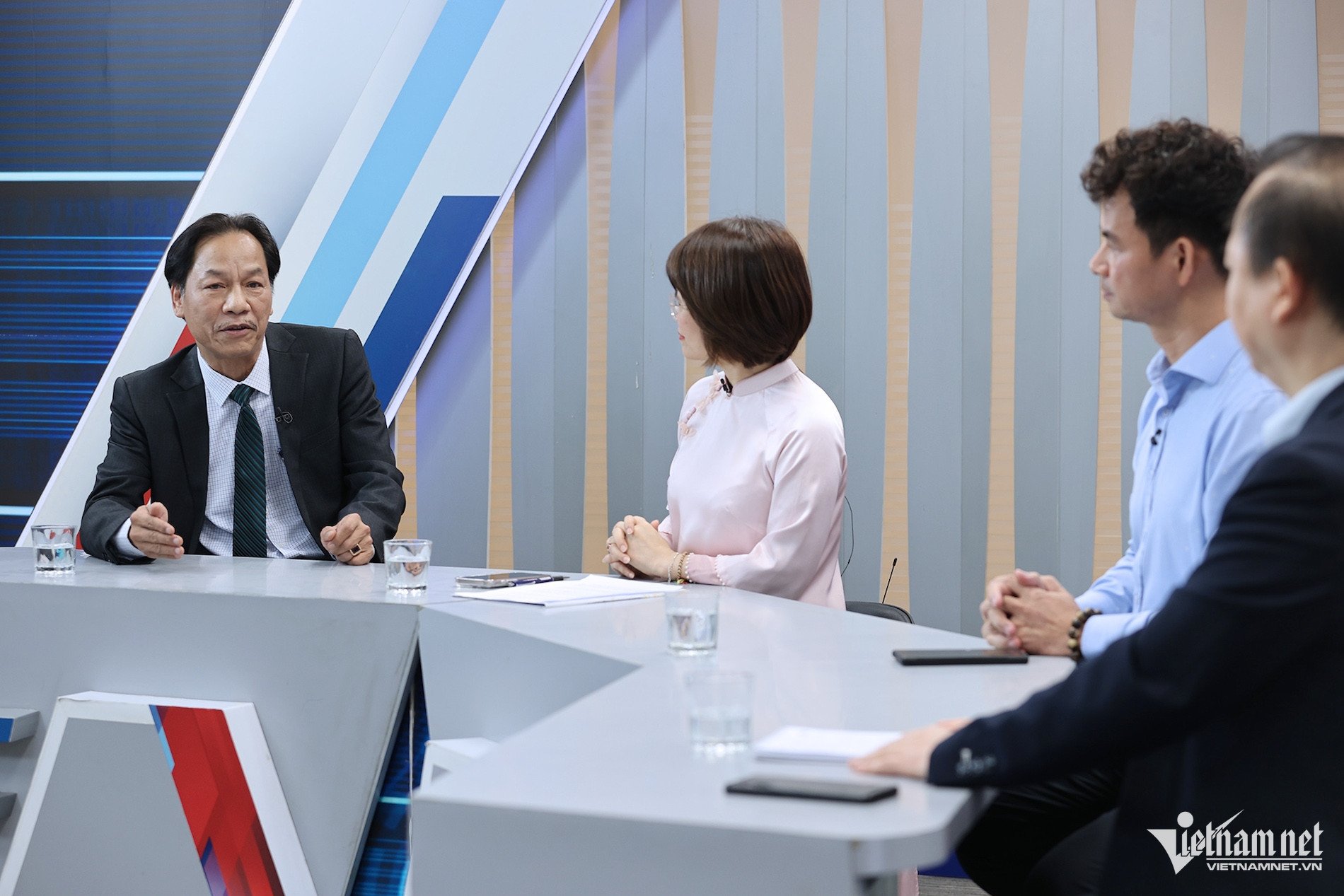
Journalist Le Minh Toan: From the perspective of Tien Phong newspaper, the unit that has organized Miss Vietnam for many years, I think the question Xuan Bac raised is appropriate: What is a "representative of Vietnamese beauty"?
Since 1988, we have been officially licensed by the Ministry of Culture and Information for the Miss Vietnam contest. Since then, all intellectual property rights and the trademark "representing Vietnamese beauty" have been registered and protected. That is why the public often calls Miss Vietnam "the main queen" for obvious reasons.
As for other competitions, I do not know how they are licensed or what their content is because I have not seen their legal documents. However, in reality, many titles are assigned without control, leading to a state of "chaotic naming".
With international beauty pageants such as Miss Earth, Miss Grand, Miss Intercontinental… the copyrights are currently owned by a few domestic entertainment companies. To send contestants to compete, other organizations must go through those companies. This makes the selection of representatives distorted and lacking transparency.
I think it's time to review all contest licenses to know who is really representing what and whether they deserve the title "representing Vietnam" or not.
Associate Professor, Dr. Bui Hoai Son: Society increasingly values brands and everyone wants to build their events. Many organizations follow the "fame-seeking" mentality, so even though the scale is small, they still name the contest "National Beauty", "Miss Global", "Miss World"... which sounds very appealing and is actually to elevate the event and attract media and sponsorship.
Another reality is that international beauty pageant organizations often do not need to go through the cultural management agency of Vietnam. They only contact a domestic company, organize the competition and then choose the contestants to compete internationally. Domestic companies “borrow” the names of international arenas to polish their reputation. This way of doing things makes the selection of Vietnamese representatives lack transparency and easy to be exploited.
Therefore, when amending Decree 144 in the near future, we need to add clear regulations on sending people abroad to compete in beauty contests. Because this is an issue related to national honor. We must clearly define the criteria for who is qualified to represent Vietnam, which units have the right to choose, thereby establishing a clear and transparent legal basis. At that time, domestic event organizations must comply and international partners must also respect our regulations.
I support the idea that the delicate field of culture and art needs to be carefully and systematically managed. We must make sure that participating in international competitions is not only legal but also contributes to honoring the values and image of Vietnam.
People's Artist Xuan Bac: We clearly state that Decree 144 will be reviewed, revised and supplemented. However, this process will only be carried out after fully consulting with experts, managers, journalists following this field as well as representatives of the units organizing the competitions.
After this roundtable, I will organize meetings with journalists and organizers to listen more because I believe that every organization wants the contest to be successful, the brand to develop and achieve real results, not just for the sake of doing it.
So the question is: has the current legal framework really supported their sustainable development? If not, what adjustments need to be made to ensure state management while creating conditions for creativity, innovation, and efficiency?
I believe that a legal document only has value when it is vital, highly practical and creates momentum for development. In the current rapidly changing context, even after it has been issued, we still need to continue to monitor, update, and even supplement circulars in a timely manner to adjust arising issues.
We hope that with serious preparations in the near future, public opinion will no longer have to use terms like "beauty queen chaos" or "beauty overload" but instead will have confidence in a systematic, quality beauty pageant system that truly honors the image of Vietnamese women.
Photo: Le Anh Dung
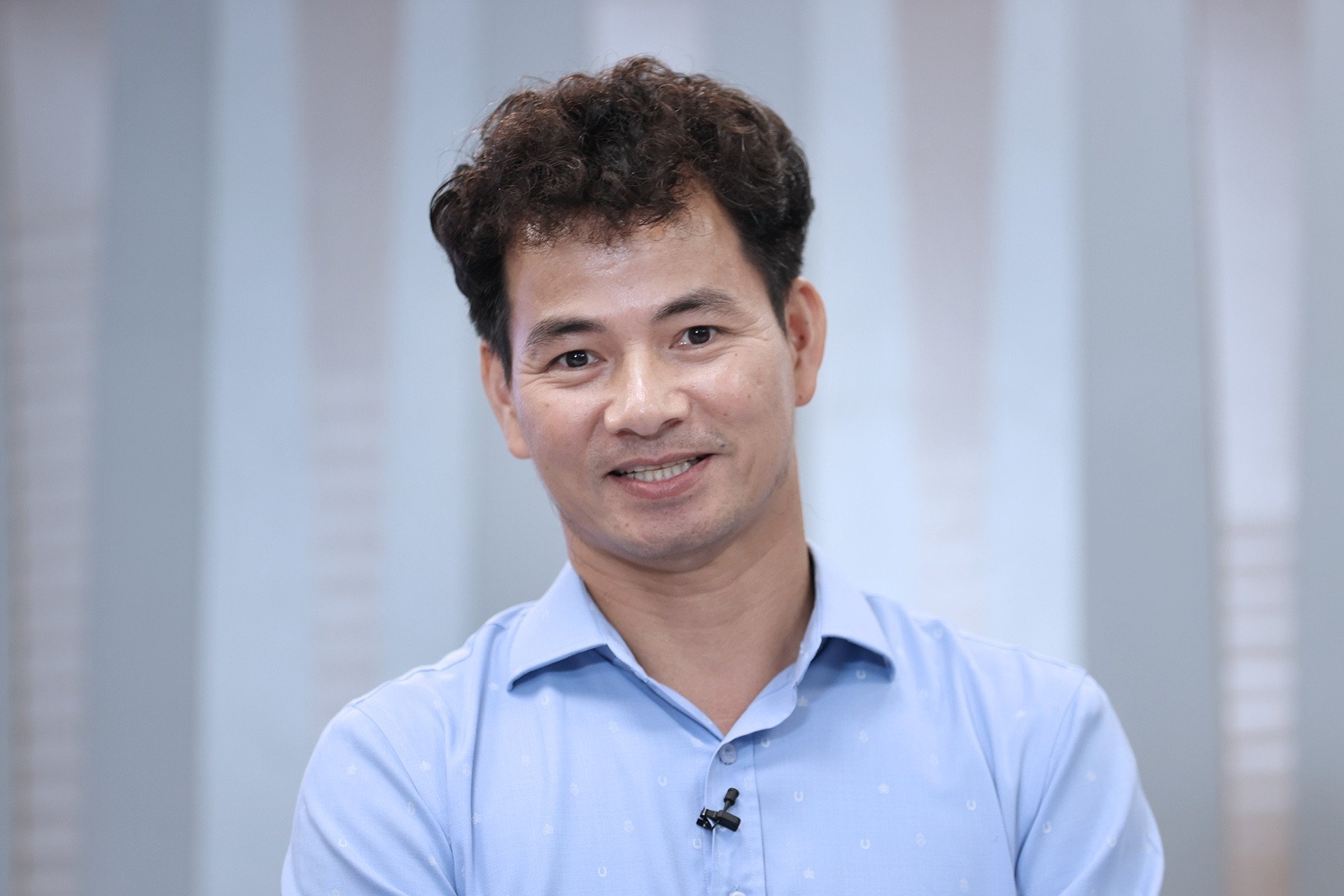
Source: https://vietnamnet.vn/thi-sac-dep-khong-the-de-luc-co-80-hoa-hau-1-nam-moi-siet-2418046.html



![[Photo] General Secretary To Lam attends the 80th anniversary of Vietnam's diplomacy](https://vphoto.vietnam.vn/thumb/1200x675/vietnam/resource/IMAGE/2025/8/25/3dc715efdbf74937b6fe8072bac5cb30)





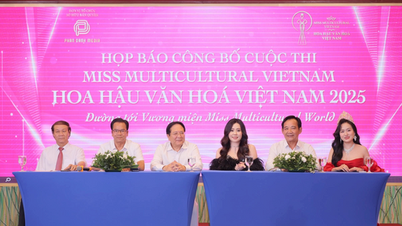







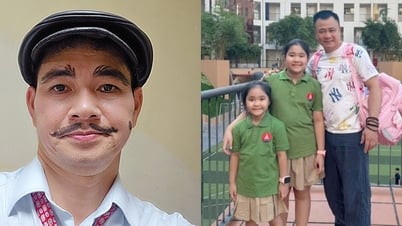
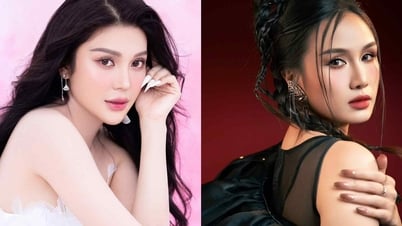


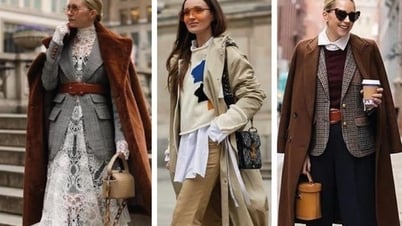

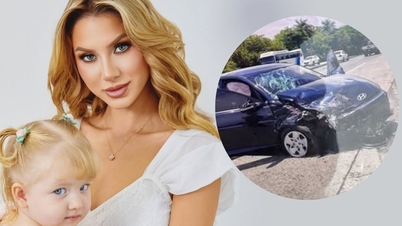
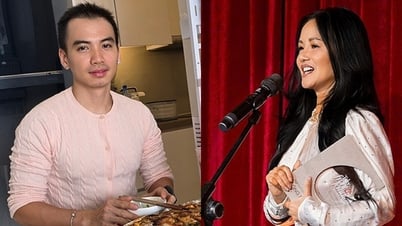
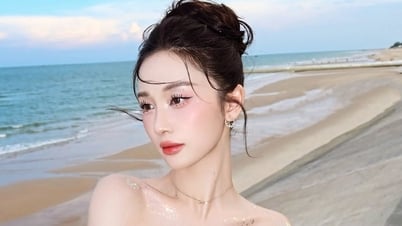





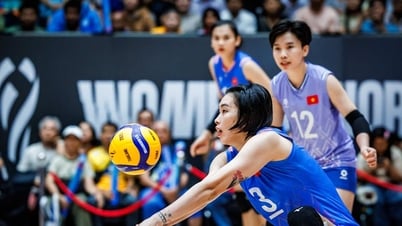

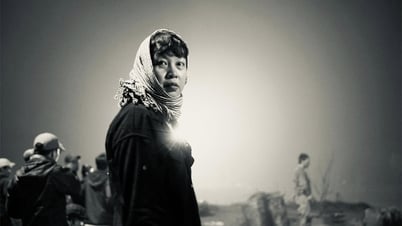


























































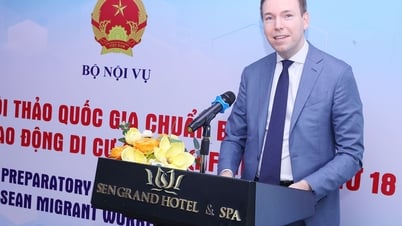













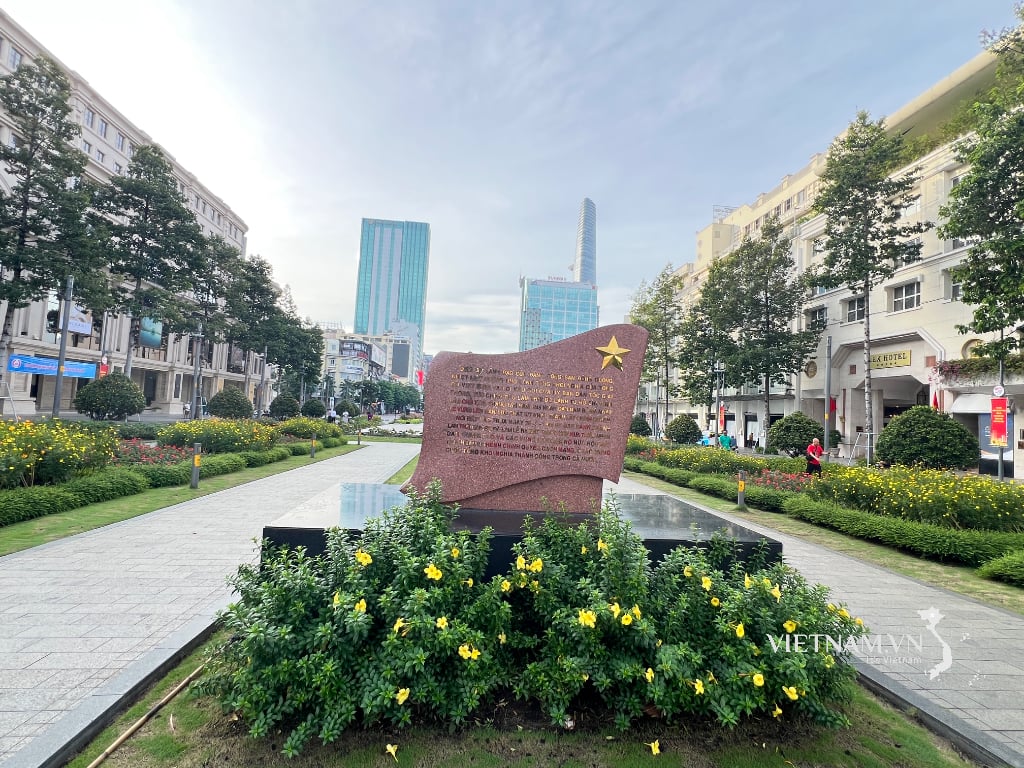
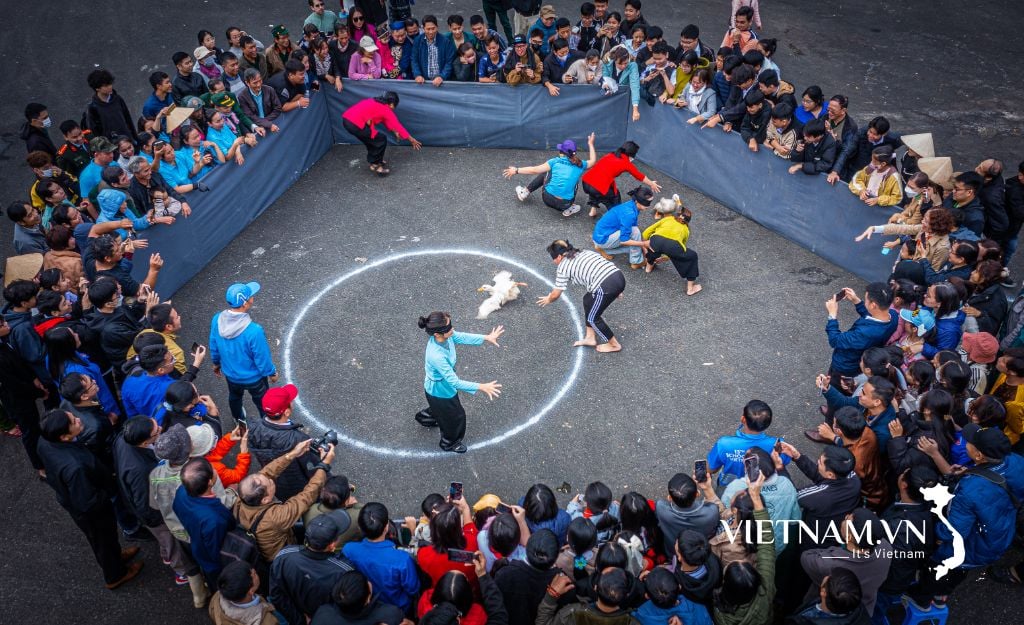

Comment (0)